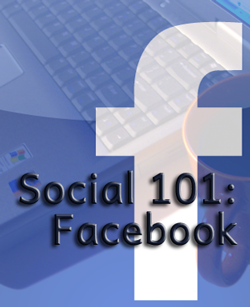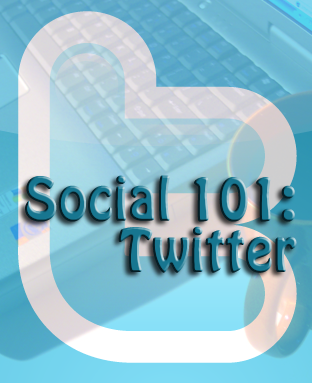 Facebook has gotten pretty huge. And pretty complex. With every revision to the site, users push back and demand that the design go back or at least have the option of going back. If you're one of those feeling this way, let me point out a couple of things:
Facebook has gotten pretty huge. And pretty complex. With every revision to the site, users push back and demand that the design go back or at least have the option of going back. If you're one of those feeling this way, let me point out a couple of things:
Creating the architecture for a site like Facebook isn't simple. There are massive numbers visiting the site daily. In February 2010 (a mere two years ago), TechCrunch published a story that 175 million Facebook users log in daily (this blog you're reading couldn't handle 1/10th that number in an entire year without crashing).
In January 2011, DigitalBuzz posted an infographic that 250 million log in daily. Facebook's newsroom was updated in December 2011 to say that there are now a whopping 483 million users logging in daily- that number nearly doubled in less than a year! Because Facebook regularly updates that page, I'm going to paste the numbers here for you:
Statistics
We had 845 million monthly active users at the end of December 2011.
Approximately 80% of our monthly active users are outside the U.S. and Canada.
We had 483 million daily active users on average in December 2011.
We had more than 425 million monthly active users who used Facebook mobile products in December 2011.
Facebook is available in more than 70 languages.
Because of the complexity of the site - and it's offered up to users at no charge (more on that later) - it's not reasonable to run two versions simultaneously on a permanent basis. Not to mention that there would be roughly 7 versions running if everyone had their way. Even Microsoft, Apple and other software developers stop supporting old versions. That's the way software works. There's a development cycle that exists to keep everything efficient and up-to-date with current advances. Facebook is a network, but its foundation is a complex piece of Web-based software which is the key. Multiple versions don't work well on the Web.
Facebook is free to its users. This is an interesting argument, because it's not strictly true except in a monetary sense. Facebook built a platform that is ingenious because we like connecting with friends and family. The currency we use to pay for Facebook is our "privacy". Your data. My data. (Not to mention time.) The demographic information you put in on the back end. The status updates that mention various subjects. The comments we leave. The pages we like. Facebook is making money off of the information that you and I voluntarily enter on their site. That's why I put privacy in quotes. Users need to be educated on this so they know the impact of what they say when they log in. Want to know a secret?
Facebook isn't the only site you use that does this. Google does it. Bing does it. Twitter is trying to do it. Klout does it. That's just naming a few. This is why it's so important to view the Internet as a place where your every action and word is being recorded - because it is.
Business owners get value out of Facebook that is worth sharing data. Many - including myself - use the Facebook platform for business and the value is proven in the traffic I see to my sites from Facebook, which leads to revenue-generating opportunities. For those of us using Facebook for business, it's a no-brainer to be there. The return on our time investment and data sharing is worth it. I'm selective about what I say on my personal profile and what I populate in Facebook's back-end (phone numbers, address, etc.). I'm also not bothered that Facebook delivers ads to me based on what I say and pages I like. Why? Because it's all automated. I know there's not some room in Facebook's basement where a bunch of creepy people watch our profiles and send ads to my Facebook page when they see me say certain things. That isn't the way the Web works - at all.
(BTW, again, Facebook isn't the only or the first site doing this - millions of sites we visit every single day use data that deliver ads this way.)
It does bother some people when ads show up on Facebook that match a topic they've mentioned, so I'm going to talk about privacy as we go through the month and point out some of the issues that exist and how users can protect themselves from sharing more than they're comfortable with on Facebook.
Are you concerned about your privacy on Facebook or do you feel confident that your own usage boundaries will protect you?



 In my first post for Lara, I talked about the big question of whether to use Facebook pages or groups for your community. Now that you’ve set up your Page or Group, here are five strategies that you can use to make your content professional, useful and promote engagement with your followers:
In my first post for Lara, I talked about the big question of whether to use Facebook pages or groups for your community. Now that you’ve set up your Page or Group, here are five strategies that you can use to make your content professional, useful and promote engagement with your followers:
 If you’ve ever wondered how some Twitter users follow tens of thousands of people - or even just a few thousand - the answer is lists. No one follows thousands of people - not in an engaged way. But they may click follow and go back to looking at the lists they’ve created to filter out all the noise.
If you’ve ever wondered how some Twitter users follow tens of thousands of people - or even just a few thousand - the answer is lists. No one follows thousands of people - not in an engaged way. But they may click follow and go back to looking at the lists they’ve created to filter out all the noise.